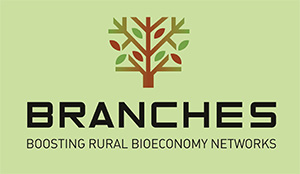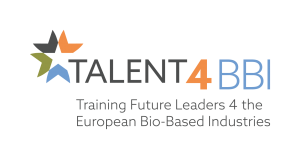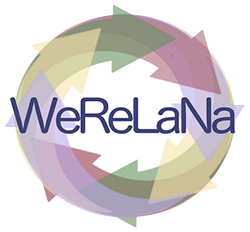INDEPENDENT project
This project ends on: 31/12/2027

INDEPENDENT Integrated Biorefinery Concept for Bioeconomy Driven Development
The interest in generating renewable fuels from algae, has gained attraction for quite long time and pursued by both public and private entities. Yet, the pressure of budget cuts, global economic crisis and fluctuating oil prices have pushed back the progress of algal research and development efforts. Meanwhile, Europe is moving towards a bioeconomy driven future along with renewable fuel standards and requirements triggered by algal research. This is no coincidence as algal biomass offers several advantages such as efficient photosynthesis and CO2 capture mechanisms, no direct competition with food crops, non-arable land requirements, recyclable nutrients and wastewater utilization. However, in order to achieve commercially applicable rates of return on algal biofuels, numerous economical feasibility models suggest there is a need to generate value-added products within an integrated biorefinery concept. This requires targeting not only algal lipids as biodiesel feedstock, but also other biomolecules having higher value per dry biomass weight with potential applications such as food additives, health supplements, and pharmaceuticals.
A growing interest in designing biorefineries using algae species to produce several bio-commodity products also includes means of exploring their favorable greenhouse gas, water and land-use sustainability metrics. In this respect, key inputs include utilizing recycled nitrogen and phosphorus resources, tapping into existing CO2 emissions, and uncompromised water supplies. In addition, options to exploit residual biomass for additional bioenergy and biofertilizer applications for soil amendments are also considered auspicious for a more competent biorefinery platform.
This project is designed to build on all of these well thought contemplations to construct an integrated algal biorefinery that produces a portfolio of products that can be adjusted to meet market demands as a gateway into large scale production. Project site is carefully selected on Boğaziçi University’s Saritepe Campus, located on the coast of Black Sea with readily access to seawater. Emboldening on the interdisciplinary nature of the team, a non-destructive breakwater system will be designed to generate a coastal site suitable for macroalgae cultivation at open sea. Microalgae cultivation will be supported by recycled nutrients and waste CO2. Novel marine macro- and microalgae species will be pursued for pharmaceutical, human food and animal feed applications in addition to traditional biofuel functions. Digested algal biomass will be made available to organic farming activities on campus. A wind turbine operated year round will supply renewable energy to all operations on site allowing carbon-negative production. In addition to a full scale environmental life cycle assessment (e-LCA), a social life cycle assessment (s-LCA) will be conducted to assess the social and sociological aspects of algal biorefinery and its products, their actual and potential positive as well as negative impacts on the communities involved.
This large scale study with more than 110 wet tons of algae production per harvest period will provide key scientific findings and novel engineering pipelines to manufacture high-throughput multi-products on an algal biorefinery platform. The end result is expected to be advanced knowledge and practice for economically feasible and environmentally sustainable algal biorefinery with improved production metrics. Project team is comprised experts from universities, research institutes, SMEs, and large enterprises.
Contact:
Asst. Prof. Dr. Berat Haznedaroglu
(Project Coordinator)
Bogazici University
email: berat.haznedaroglu@boun.edu.tr
website: https://independent.boun.edu.tr/en/










